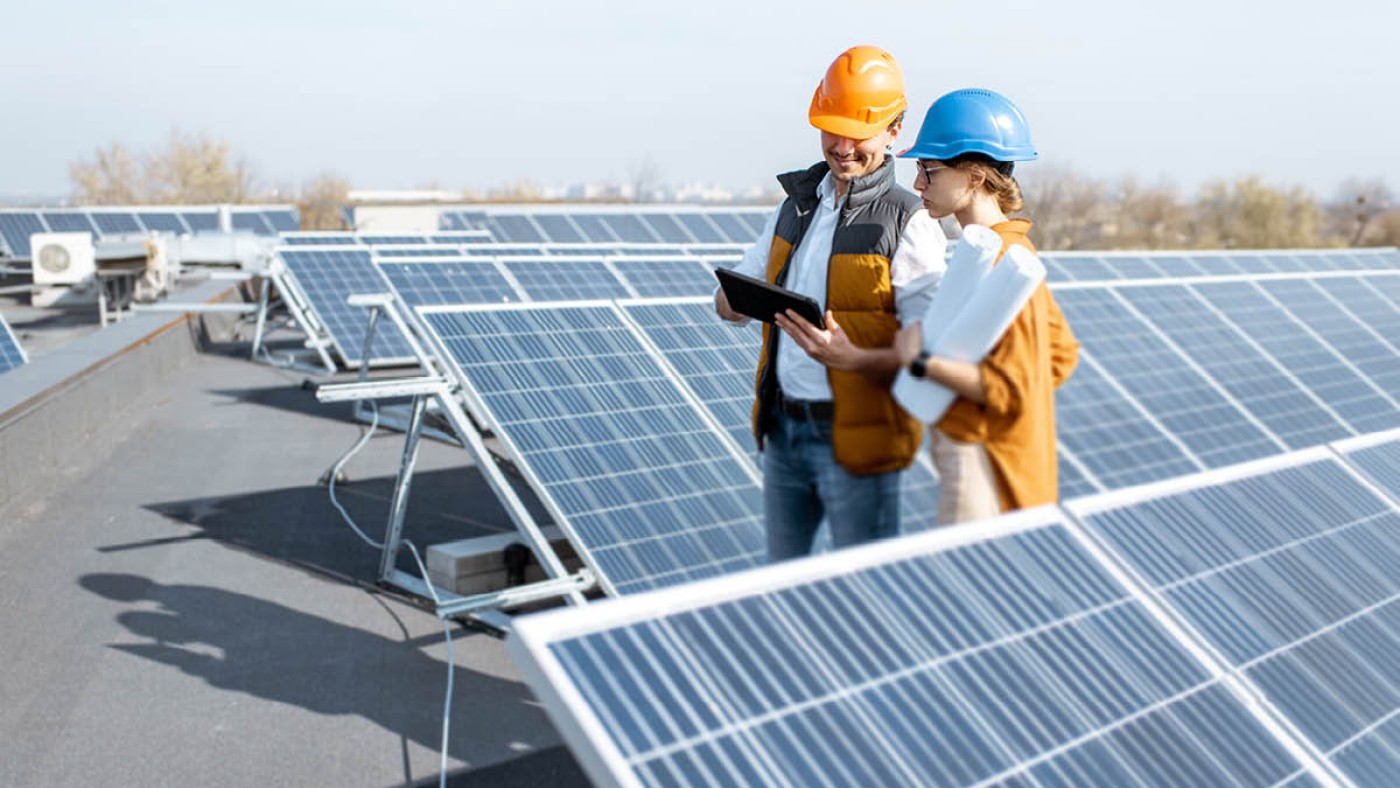
Alina Saiu
is Sustainable Finance Expert at Raiffeisen Bank (Romania).

With 2022 being one of the warmest years we experienced in our lifetime – the month of August was the hottest in Europe and North America and the second warmest globally – it is clear for everybody: we need to act on climate change and global warming, and we need to act now. Measures for mitigation and adaptation to climate change need to be implemented in the real economy if we want to reach the Paris Agreement goal of limiting global warming to well below 2, preferably to 1.5 degrees Celsius compared to pre-industrial levels.

An important role in this urgent mission belongs to the financial sector.
Without any doubt, the path toward a sustainable economy brings along challenges and opportunities in the business environment, with a high impact on financial institutions. The EU High-Level Expert Group on sustainable finance, the organism established with the role to provide advice to the European Council and Commission in order to achieve the goals of the Paris Agreement, presents two imperatives on sustainable finance: i) improving “the contribution of finance to sustainable and inclusive growth as well as the mitigation of climate change” and (ii) strengthening financial stability (HLEG, 2018).
While we in the banking sector are discussing new regulations, ESG scorings to be considered along with profitability indices of the companies, maybe the most impactful aspect is generated from the unprecedented mind shift required by both consumers and business actors to integrate sustainability as the new normal way to act and to do business. We need sustainability as it is the only future that we can afford, and the latest IPCC data proves this. We cannot postpone taking real action, as we are set to reach the 1.5ºC temperature rise in the next few years and only a drastic reduction in carbon emissions from now could prevent an environmental disaster.
Translated into economic context, achieving sustainability at macroeconomic level first means the sustainability of the financial sector, and consequently the discussion about how green the financial sector is is gaining momentum.

At Raiffeisen Bank Romania, we are aware of the privileged role we have in the transition to a green economy and we reaffirm our commitment to remain one of the driving forces of this mission, together with our clients and the society at large. We have and will continue to incorporate ESG principles in our day-to-day business and act as advisors for our clients.
Our efforts are focused on incorporating green loans, ESG Rating and KPI linked loans in our range of products:
In addition to dedicated ESG products, we act as advisor for our clients on their ESG journey, and organize consultations and events on ESG topics, and enable educational programs for SMEs.
Last but not least, we also encourage the continuous development of our colleagues, as they are an important part of our ESG journey. Sustainability and the implementation of a sustainable strategy require a diverse range of know-how. Applying the taxonomy or the ESG legal framework can become challenging and involve certain technical aspects. Therefore, the training materials on ESG topics are available to all employees. They are part
of the process that sustains the objective of transitioning to a sustainable economy.
The efforts we have made so far on the path of sustainability are constantly calibrated and confirmed by our clients’ appetite and openness engage and enable the transition to the economy of the future. Therefore, we believe that what we do today will play a crucial role in building long-standing relationships with our clients and will allow us to better prove that we are what we finance.

is Sustainable Finance Expert at Raiffeisen Bank (Romania).
Do you also have a travel tip, a recipe recommendation, useful business customs, interesting traditions or a story about CEE that you would like to share? Write to communications@rbinternational.com and share your experience.